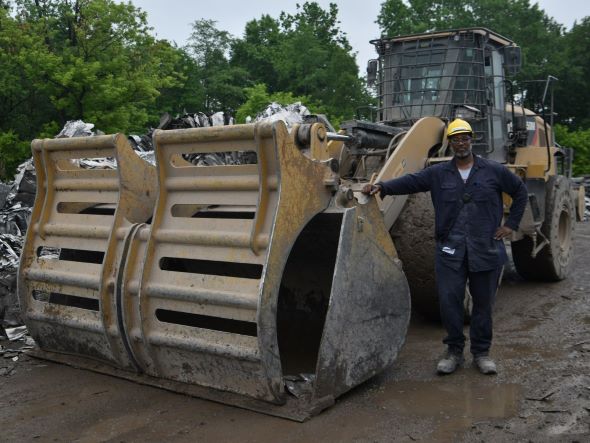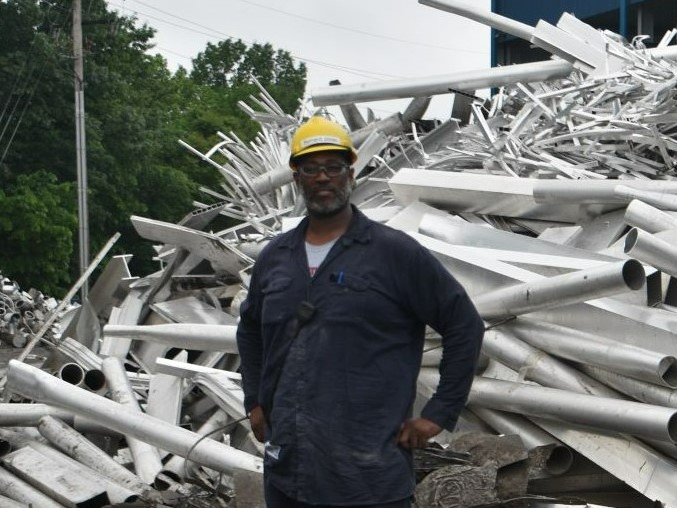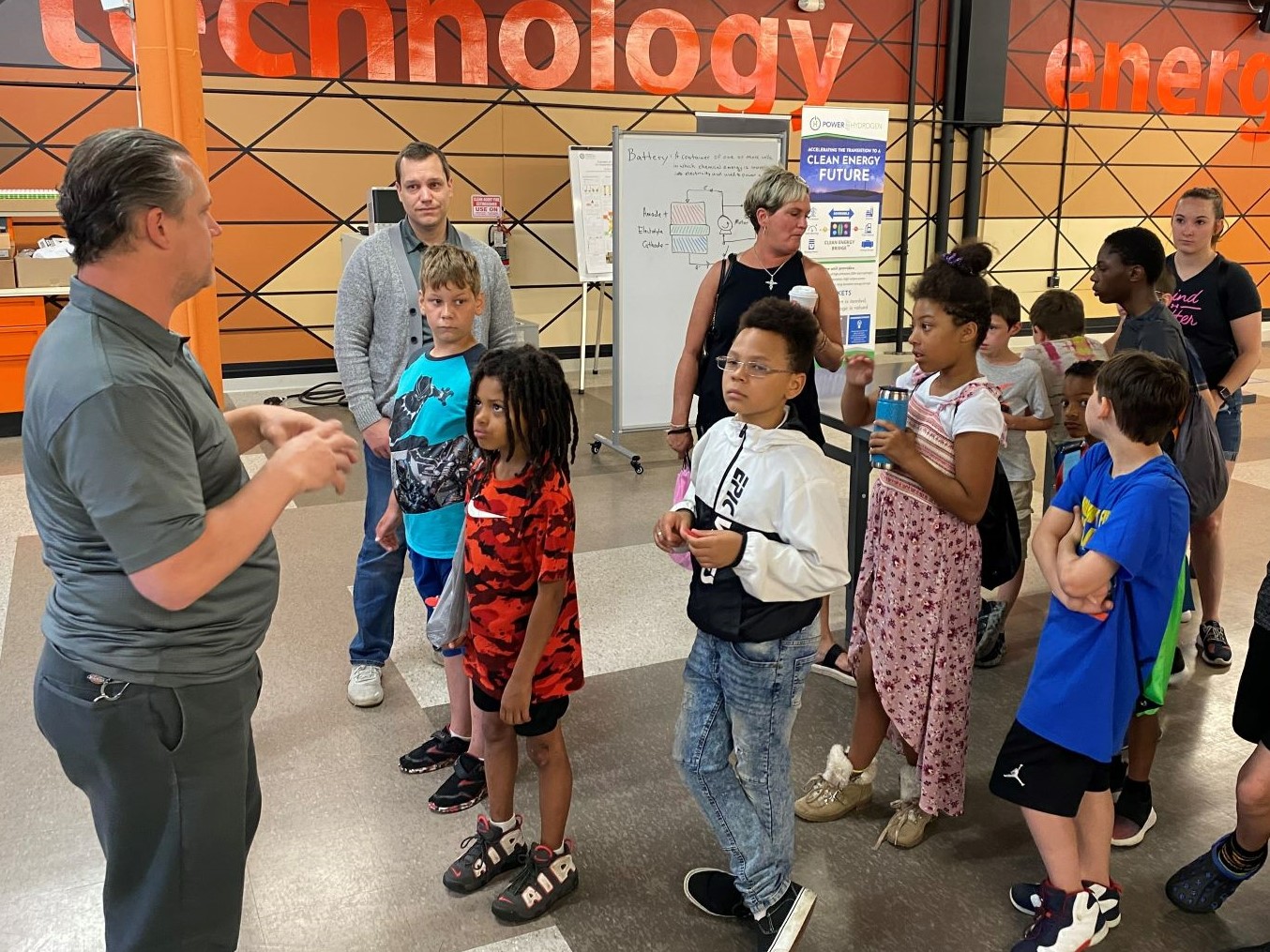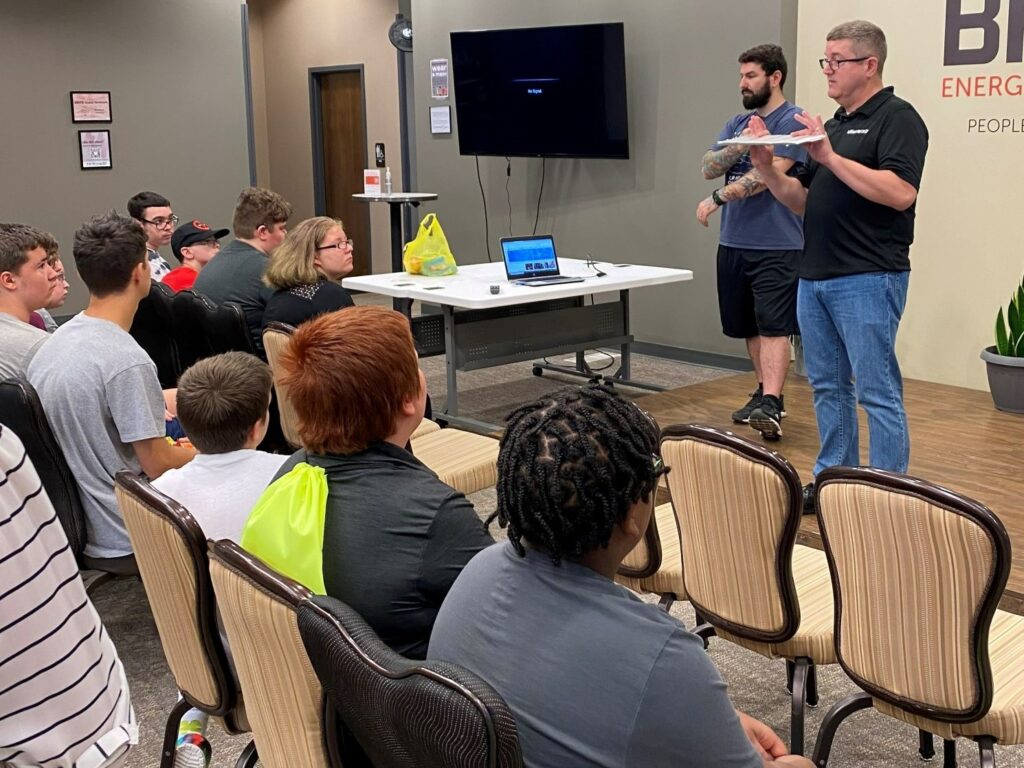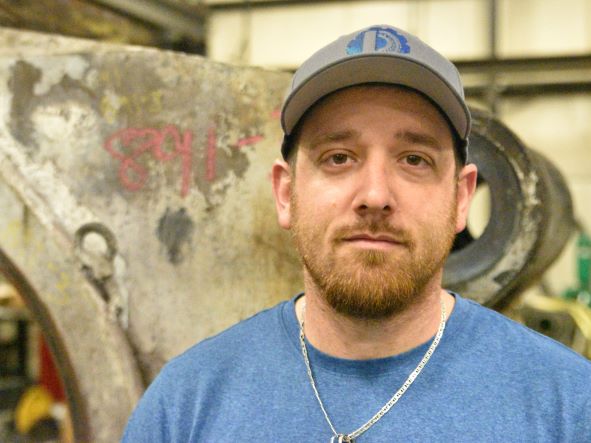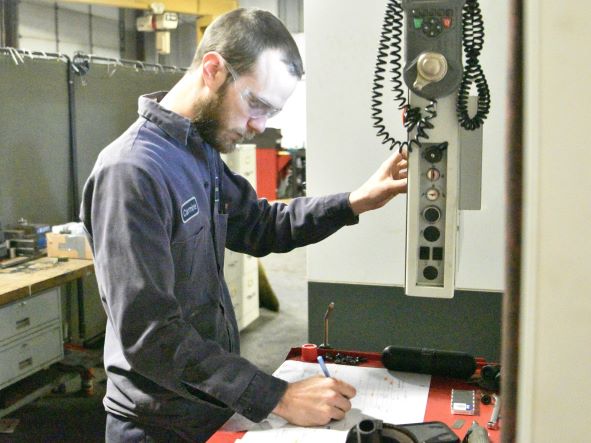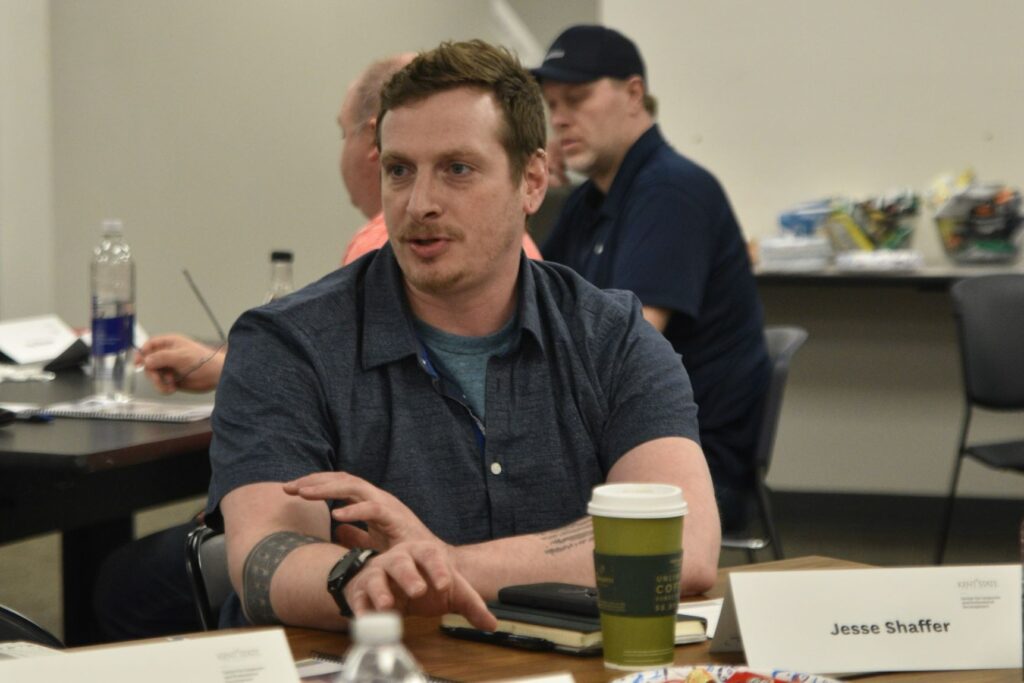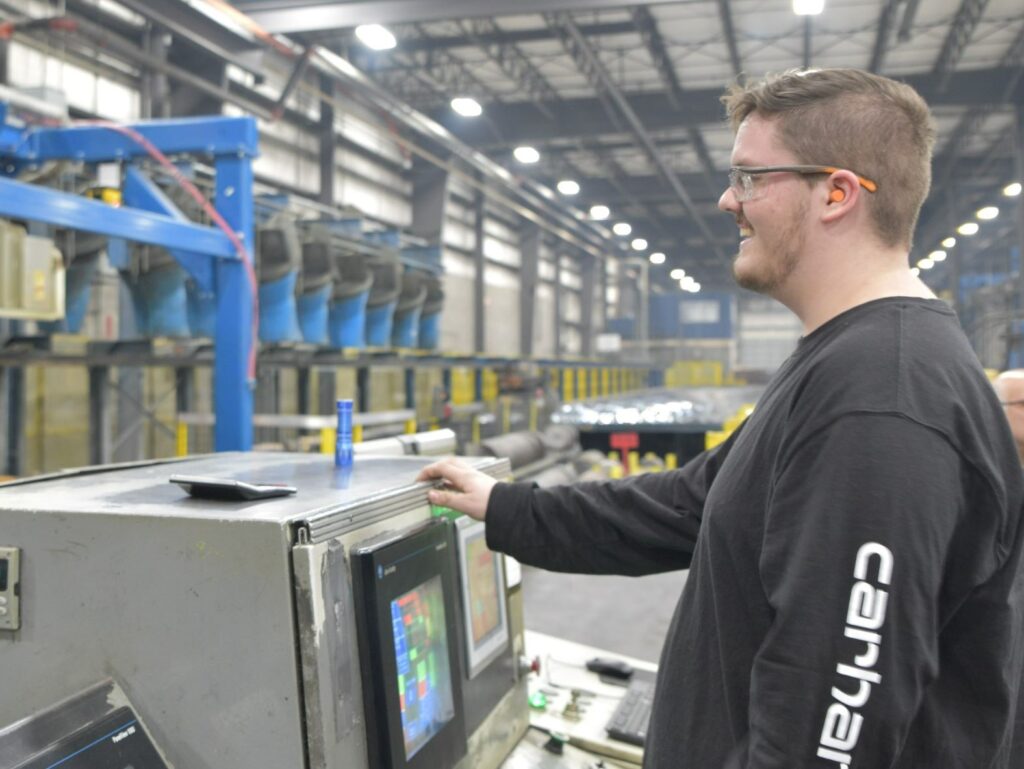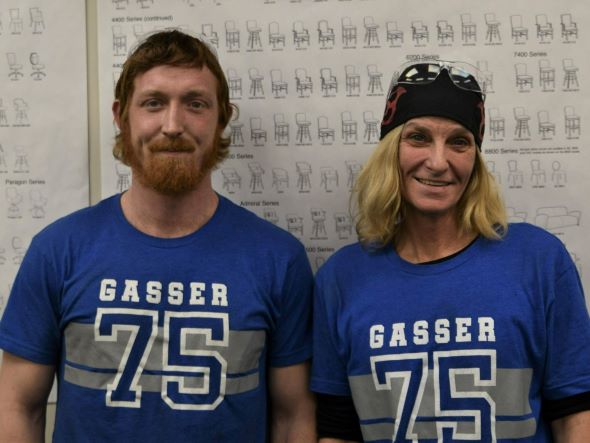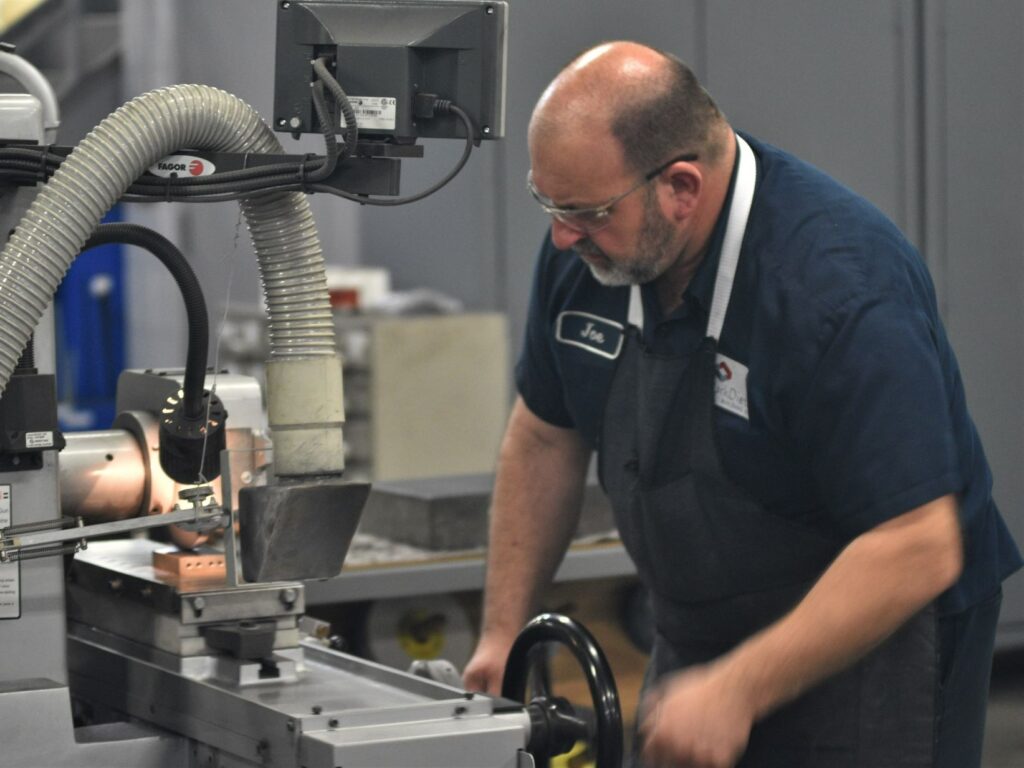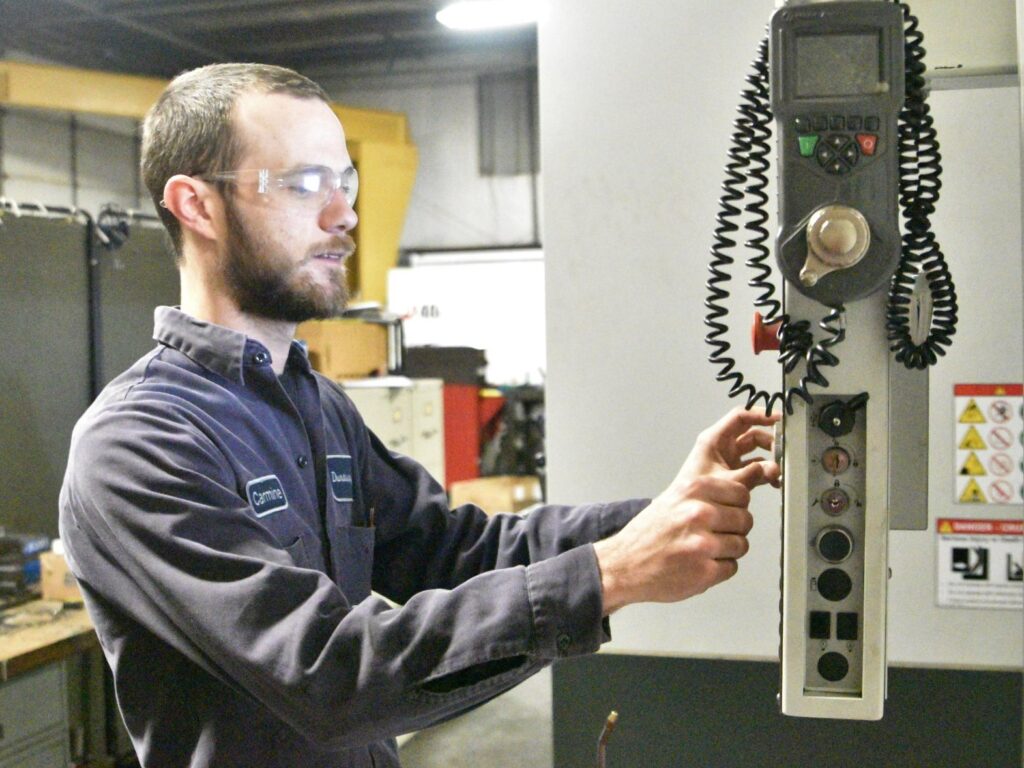For a printable version of this 4-part series by Alex Hertzer, assistant director of Mahoning Valley Manufacturers Coalition, click here.
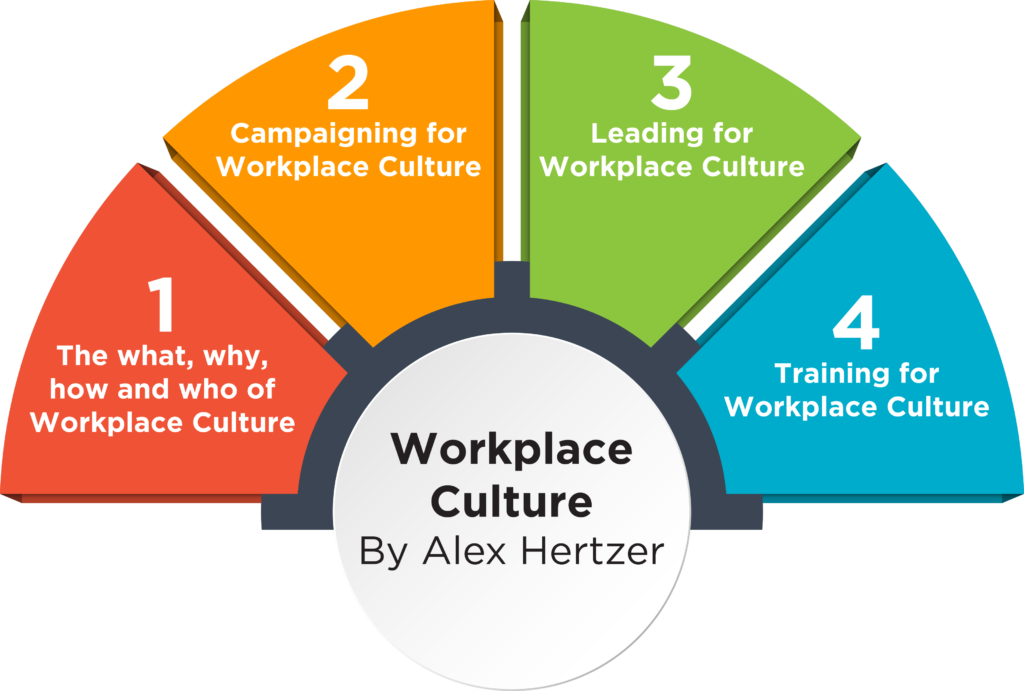
Culture. It’s a common buzzword in the world of workforce development. What is it? Why does it matter? How does it happen? Who’s responsible?
These are some of the questions employers should be asking if they want to exist in a post-pandemic job market. Which begs the question …Why now?
Is this something new to workforce development? The short answer is, no. Culture is a part of how we interact with other people and the world around us. Culture, whether positive or negative, is always present.
It is our responsibility as leaders to build a culture of top performers who are empowered to elevate themselves, those around them, and the company. The longer answer is that culture is built on everyday moments. And over a period of time.
Culture is built over time the same way an election is won through a well-thought-out campaign. It’s a series of events of engaging the workforce in big, small, and medium ways from the top down.
It’s not shaking one hand that wins an election. It’s shaking a thousand. Same with culture. It’s built over time and incrementally.
Agree but not sure where to begin? Here are 4 questions to ask yourself to help shape a positive and encouraging work environment at your organization.
What is Culture?
Culture is the sociological features of the workforce within your facility. Culture could be as simple as saying hello in the morning and goodbye at the end of the day.
Culture is measured by the way people feel while interacting, including yourself. Do they feel confident in their abilities and encouraged by their circumstances?

Culture should be equitable, ethical, and moral. Culture is the DNA makeup of a group of people and cannot be built or broken by any one person, even if one person is the driving force.
Why does Culture matter?
Culture is what makes or breaks a workforce.
While in the past, workforces were able to be maintained through workarounds to culture. No longer can businesses rest on their laurels of wages, stability, and benefits. Job seekers have seemingly taken the driving wheel from employers. Job seekers want to be happy and fulfilled in their careers.
The way an employer can articulate how potential job seekers can find what they are looking for is through their cultures.
To be fulfilled, there must be something rewarding and fulfilling about the employee’s job. To be engaged there must be a sense of purpose to what they are doing.
None of this can be done if the stale cultures that once were manufacturing facilities remain.
While manufacturing may have some hurdles to the modern idea of work culture, it still begins with a first step in the right direction.
How does Culture happen?
Culture happens through a series of small changes in the way that we interact with the workforce in our facilities. It can only be completely invasive if started from the top down.
Culture happens similarly to the way an ice cube melts.
Imagine you have an ice cube sitting in a room at 26 degrees. Then you add one degree. 27 degrees. (Start changing the way you greet people) 28 degrees. (Free lunch on Fridays) 29,30,31. Still nothing has happened to the ice cube. Then you hit 32 and the ice cube begins to sweat. 33,34,35,36.
The ice cube is now a puddle. Sometimes even as we are taking small steps in the right direction it can look like nothing is changing and then all the sudden things can pick up speed. The key is to keep moving forward.
Who is responsible for the Culture?
Everyone!
While it should start from the top down, everyone plays a role in the culture within a facility.
Everyone is equally important in maintaining a sustainable way of treating each other and the facility.
Culture is what people do when no one is looking. Culture is doing things right and doing the right thing.
Everyone in the canoe has a different role, but everyone must be rowing in the same direction.
It’s simple. Culture may begin with a single action, but it is fully realized when the entire group is boldly singing the same song. Like a butterfly flapping its wings in India.
Read Part 2: Campaigning for Workplace Culture, here.

